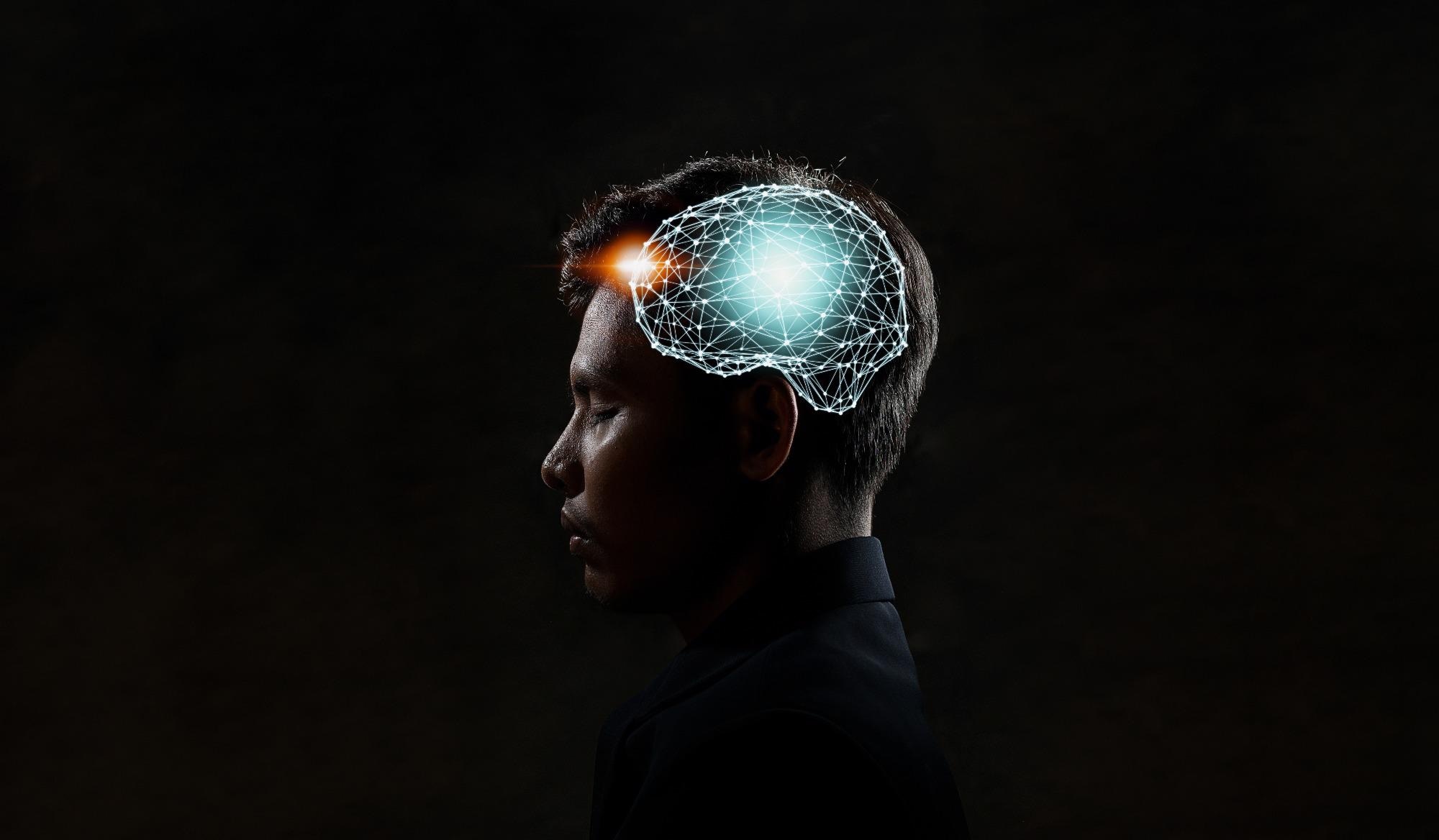
Image Credit: Shutterstock.com/ sutadimages
Picard has been working closely with Massachusetts General Hospital’s Paola Pedrelli as both share the hope that machine learning could make mental health care more accessible.
The Boston-based researchers are currently evaluating whether artificial intelligence could advance patient accessibility by helping providers identify vulnerable, high-risk patients.
It’s been very, very clear that there are a number of barriers for patients with mental health disorders to accessing and receiving adequate care.
Paola Pedrelli, Massachusetts General Hospital
Patient Barriers
Among some of the most common barriers that patients experience when they need to access the appropriate treatment include finding a provider within reach and open for new patient intake, scarcity of financial resources or simply negotiating their own mental health situation to know where and when to get help.
Other issues include geographical location and figuring out transport to and from facilities. Resultingly, patients are often left waiting for long periods to access health care and receive the right treatment and diagnoses.
Therefore, Picard and Pedrelli have been collaborating for around five years to try and directly address some of these issues by developing a machine learning algorithm that could help diagnose and keep an eye on those suffering from major depressive disorders.
Machine Learning Intelligence for Mental Health
As machine learning is typically trained on vast sets of data to help it achieve its objective autonomously, Picard and Pedrelli set about acquiring the appropriate data that would help them develop their system.
By enrolling 48 participants for the study, the researchers had individuals use smartphone tracking applications and wearables that would gather data on information such as heart rate, activity levels, personal assessment of symptoms, sleep health, socialization, etc.
By feeding this data into artificial intelligence, the goal is to develop an algorithm that can turn this data into something useful and meaningful that could help doctors and physicians track disease development and then offer effective treatment at the right time.
We want to provide those individuals who want it with the opportunity to have access to information that is evidence-based and personalized, and makes a difference for their health.
Rosalind Picard, MIT Scientist
While their research was initially focused on using this data to determine an individual’s emotional state, Picard and Pedrelli wanted to see if the data could help with the tracking of disorder development and identify changes in a patient’s behavior.
To acquire the right amount of data for the study, the participant was monitored for 22 hours a day for a period of 12 weeks while completing biweekly depression surveys. The patients would then go and see a clinician who would assess depressive symptoms.
We put all of that data we collected from the wearable and smartphone into our machine-learning algorithm, and we try to see how well the machine learning predicts the labels given by the doctors.
Rosalind Picard, MIT Scientist
“Right now, we are quite good at predicting those labels,” said Picard.
For the next steps, Picard and Pedrelli are now considering how to empower individuals suffering from major depressive disorders using their machine learning technology. This may be by granting patients access to an app that helps support them in times of need or notifying the relevant healthcare professionals.
The researchers are also aware of any negative implications the technology could have, such as sending alerts that could send the user on a depressive cycle rather than help them. This is why Picard and Pedrelli are focused on ensuring the data is treated in the right way.
For instance, the algorithm could track sleep patterns, and activity levels could provide clinicians with the data they need to assess any sudden changes in a patient’s behavior that may have gone otherwise undetected. This would then allow the physician to adjust the type of care needed or help patients make the right adjustments to their routine, which could be lifesaving.
Artificial intelligence and machine learning algorithms can identify patterns in vast sets of data much quicker than human counterparts.
I think there’s a real compelling case to be made for technology helping people be smarter about people.
Rosalind Picard, MIT Scientist
References and Further Reading
Gold, A., Gross, D. and Jameel, A., (2022) Deploying machine learning to improve mental health. [online] MIT News | Massachusetts Institute of Technology. Available at: https://news.mit.edu/2022/deploying-machine-learning-improve-mental-health-rosalind-picard-0126
Disclaimer: The views expressed here are those of the author expressed in their private capacity and do not necessarily represent the views of AZoM.com Limited T/A AZoNetwork the owner and operator of this website. This disclaimer forms part of the Terms and conditions of use of this website.